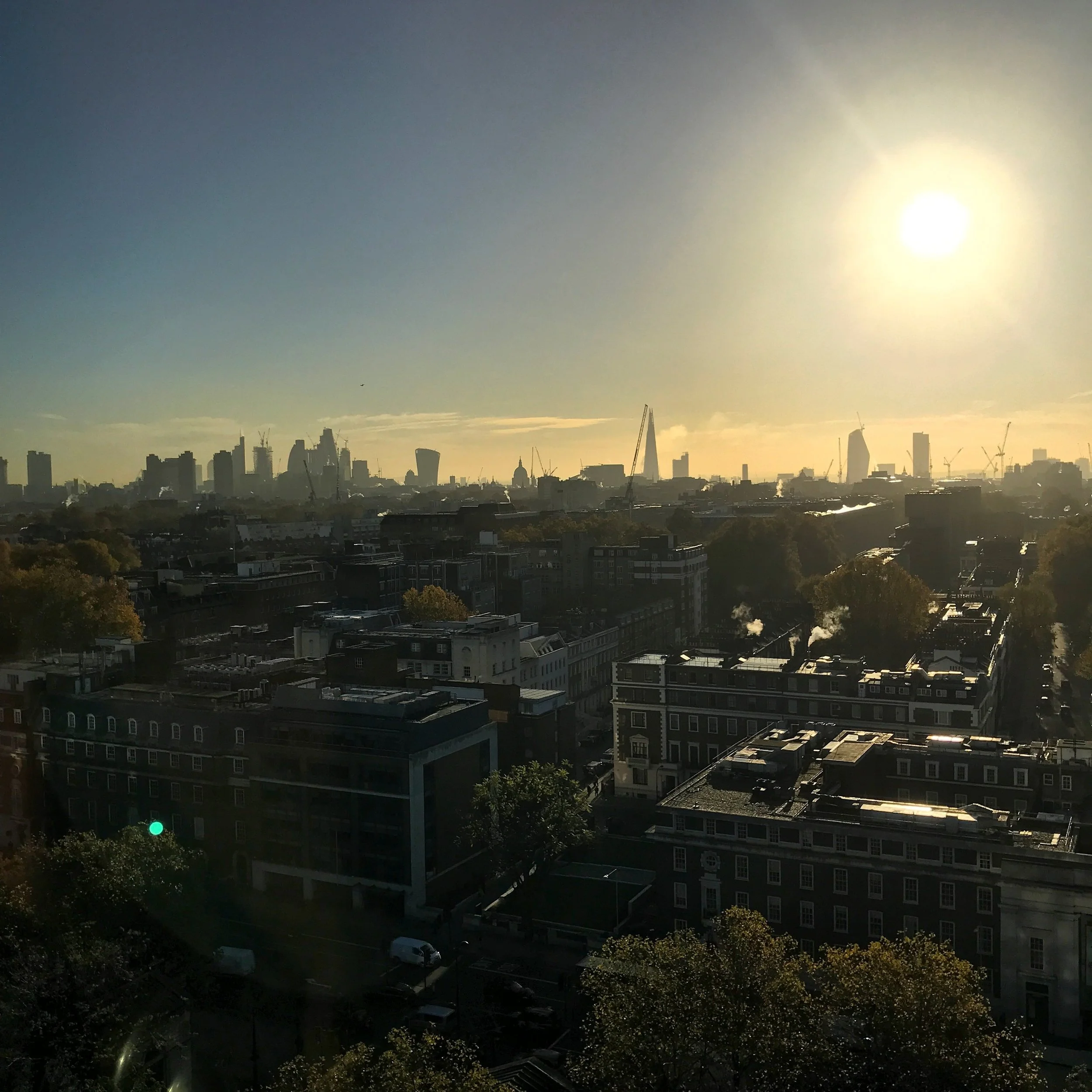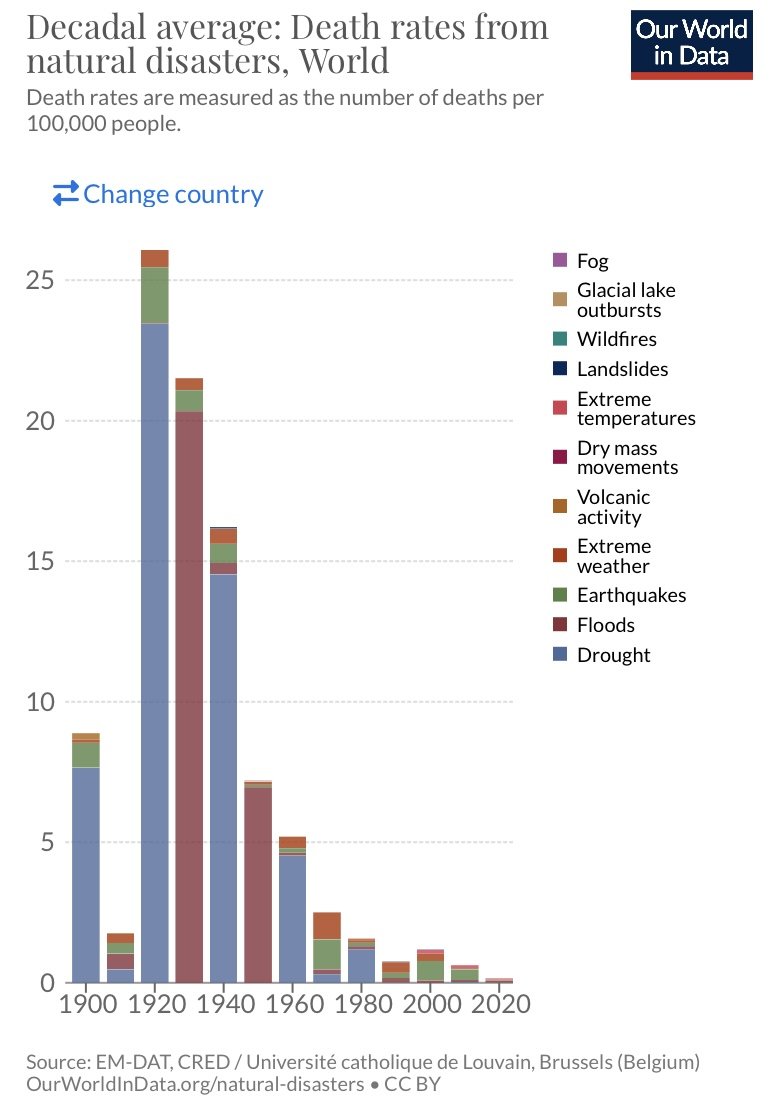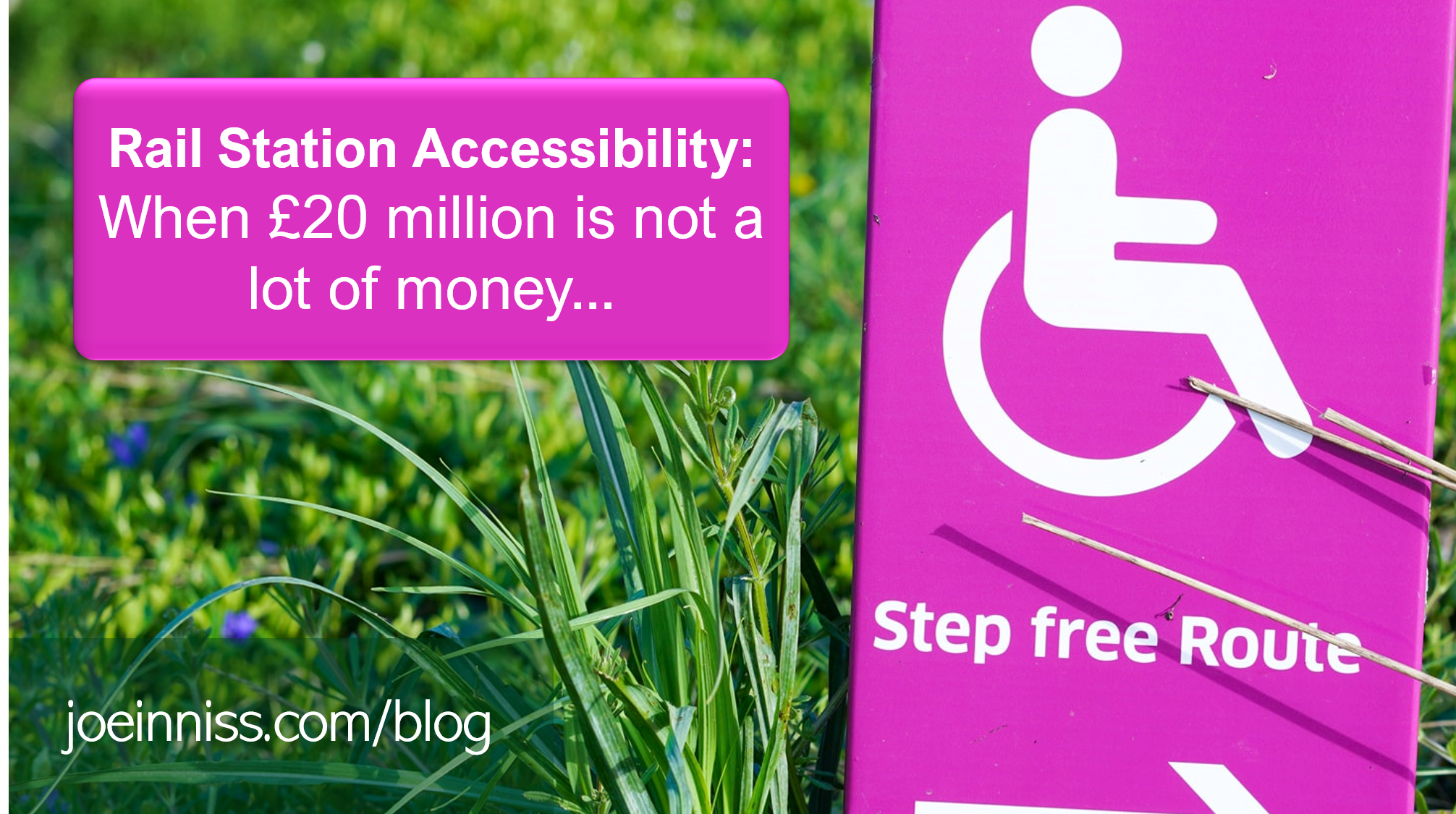The history of UK liberalism can be traced back to the 19th century, when the Liberal Party was formed as a merger of several smaller liberal groups. The party was led by figures such as William Gladstone and David Lloyd George, and it was a major force in British politics for much of the 20th century.
UK liberal successes
The Liberal Party accomplished a number of major achievements in terms of social and economic reform, many of which are the foundations of what we consider modern western societies.
The Liberal Party played a major role in passing the Education Act of 1902. This act was aimed at providing free and compulsory education for children between the ages of 5 and 14 and was seen as a major step towards improving access to education for working-class citizens.
The Liberal Party also passed the National Efficiency Act of 1906. This act was aimed at increasing the efficiency of government departments and was a major step towards modernizing the British state.
In addition, the Liberal government passed the Trade Disputes Act of 1906, which ensured that trade unions were recognized as legal entities and their rights were protected. This act was a major achievement in terms of workers' rights, and it was a significant step towards improving the rights of workers in the UK.
Another major accomplishment of the Liberal Party was the passage of the People's Budget of 1909. This budget was the first of its kind in British history, as it imposed a "super tax" on the wealthy and increased social spending on programs such as housing, education and old-age pensions. This budget was a significant step towards a more equal distribution of wealth and was a major achievement in terms of social reform.
The people’s budget, was bitterly opposed by conservative-unionists in the House of Lords, many of whom were land owners and would have been subject to new land sales taxes in the people budget. This constitutional stand-off was resolved with the Parliament act of 1911 reshaping the relationship between the House of Commons and House of Lords. This essentially removed the ability of the Lords to veto legislation, and massively increased parliament’s accountability to the people with a more representative system.
One of the major accomplishments of the Liberal Party was the passage of the National Insurance Act of 1911. This act provided basic health and unemployment insurance for working-class citizens and was a significant step towards the creation of a welfare state in the UK.
Decline of the Liberal Party
The First World War created massive political instability within the government of the time. Many books have been written on this complex period of time. To briefly summarise, immediately after the armistice of 11th November 1918, ending the First World War, the governing coalition called a general election. Specific candidates were endorsed by the coalition which was highly popular following the war victory, leading to a massive landslide in favour of the coalition government of David Lloyd George, who had replaced H. H. Asquith as Prime Minister in December 1916.
Despite them both being Liberals, they battled for control of the party, which was rapidly losing popular support, while the conservatives gained credibility in office and the labour party started rising as a 3rd party, going on to win national elections starting the two party system we see so entrenched today.
The Liberal Party never managed to resolve its internal struggles and in the context of the changing political landscape of the country, it was in decline by the 1970s.
The Conservative Party, under the leadership of Margaret Thatcher, was able to tap into the growing discontent with the Labour Party's policies of nationalisation and state control of the economy. The Conservative Party's focus on economic liberalism and free market policies was seen as a more viable alternative to the Liberal Party's more interventionist approach.
The Liberal Party failed to adapt to the changing demographic and social landscape of the country. The party was seen as being out of touch with the changing values and priorities of the electorate, particularly on issues such as race and immigration. The party was seen as being too closely associated with the old-fashioned values and traditions of the past, which were no longer resonating with the electorate.
Additionally, the party’s internal divisions caused growing rifts between its members on multiple fronts. Towards the end of the 1970s this rift was dominated by those who were pro-European Union and those who were against closer relations with Europe, this led to the party losing support from both sides of the spectrum. It also struggled to form a clear and consistent narrative and message, which made it difficult for the party to connect with the electorate.
Wait, did somebody say racism just now?
While we should always be careful of judging people in history in the context of our present day values, it’s regretfully the case that there were policies and attitudes within the early UK Liberal Party that were racist, particularly in regards to attitudes towards non-white immigrants.
It’s worth making the point - the Liberal Party that led the UK through the age of the First World War was leading a colonial empire, which by its nature oppressed its subjects for the benefit of its economic elites.
The government (which was Liberal) had a record of racist policies and attitudes towards non-white populations in the colonies. For example, during the early 20th century, the party supported the forced relocation of indigenous people in British colonies such as Australia and Canada, which resulted in the displacement and suffering of those communities.
In the late 19th and early 20th centuries, the Liberal Party often advocated for restrictive immigration policies and had a "strongly racist" attitude towards non-white immigrants, particularly those from Asia and Africa.
In the period leading up to the First World War, lots of members of the Liberal Party had views on the issue of eugenics, which was a belief in the genetic superiority of certain races.
It is worth noting that these views and policies were not unique to the Liberal Party, but were prevalent in many other political parties and in society as a whole.
It's important to note too that the liberal party, like any political group, has undergone transformations over time (the whole point of this blog post in fact) and these racist views and policies are no longer held by the current Liberal Democrats. The party has since apologized and recognized the negative impact of the racist policies and views of the past, and today it actively campaigns for inclusion and equal rights for all individuals.
However, it is also important to recognize the negative impact that those views and policies did have on marginalized communities.
Liberalism for me, but not for thee.
Gang of 4 enters the chat
So, by the 1970s, the Liberal Party had declined in popularity, and it was clear that something needed to be done to revitalize the party.
In 1981, a group of prominent figures within the Labour Party known as the Gang of Four broke away from the party to form the Social Democratic Party (SDP). This group was led by Roy Jenkins, Shirley Williams, David Owen, and Bill Rodgers, as they were frustrated by the growing left-wing influence within the Labour Party.
They believed that the Labour Party had become too ideological and too focused on class-based politics, and they wanted to create a new political party that would be more focused on social democracy and economic liberalism.
The formation of the SDP marked a major turning point for the Liberal Party, as it provided an opportunity for the party to merge with a new and dynamic political force.
In 1981, the Liberal Party and the SDP created a formal Alliance to contest the 1983 and 1987 general elections (and local elections around this time). In 1988 the two parties formally merged to form the Social and Liberal Democrats which soon rebranded to The Liberal Democrats.
The Alliance and then merger brought together the liberal and social democratic ideologies of the two parties, and it was seen as a way to create a new and more viable political force that could challenge the dominance of the Conservative Party and the Labour Party.
The coming together of the Liberal Party and the SDP was not without its challenges, however. There were some disagreements between the two parties over issues such as the role of the state in the economy, and there were also some concerns about the leadership of the new party.
Nevertheless, the alliance and then merger were seen as a necessary steps in order to revive the fortunes of the Liberal Party, and it was generally viewed as a success.
The Alliance was able to make significant gains in the 1983 general election, and they were able to secure a number of seats in parliament. This was a significant achievement, and an obvious sign that the coming together had been successful.
The party continued to grow in popularity throughout the late 1980s and 1990s. While it’s fair to say the Liberal Democrat’s have struggled to break out from being a 3rd party, they are undeniably a major force in British politics.
The Current Liberal Democrats
The Liberal Democrats continue to be a significant party, with a large membership and lots of local support. Although they are proportionally underrepresented within parliament (in part due to first past the post) they have huge influence in both policy development and within local politics with large numbers of local authorities run by Liberal Democrat administrations.
The core values of the Liberal Democrats (Liberty, Equality, Community) are explored in the constitution:
The Liberal Democrats exist to build and safeguard a fair, free and open society, in which we seek to balance the fundamental values of liberty, equality and community, and in which no-one shall be enslaved by poverty, ignorance or conformity.
The full constitution can be found here: https://www.libdems.org.uk/constitution
References and further reading
Rose, E. (2012). The Emergence of the British Two-Party System, 1867-1914. Routledge.
Sykes, R. (2008). The Rise and Fall of the British Empire. I.B.Tauris.
Middlemas, K. (1969). The liberal government 1909-1915. London: Longman.
Stokes, R. (1969). The people’s budget: 1909–1910. London: Hambledon Press.
Lewis, J. (1978). The Voluntary Principle: Philanthropy in the United Kingdom since the Second World War. London: George Allen & Unwin.
Baker, D. (2015). The Conservative Party and racism. Palgrave Macmillan.
Rose, E. (2012). The Emergence of the British Two-Party System, 1867-1914. Routledge.
Sigsworth, E. (2019). Immigration control and the liberal state: the politics of non-citizenship in Britain, c. 1885-1940. Bloomsbury Publishing.
Sykes, R. (2008). The Rise and Fall of the British Empire. I.B.Tauris.





















![move_fast_and_break_things[1].png](https://images.squarespace-cdn.com/content/v1/54202335e4b02b7c37f34fc6/1579376191924-OZ2DT4ZVAN2RHAB9L7QO/move_fast_and_break_things%5B1%5D.png)
